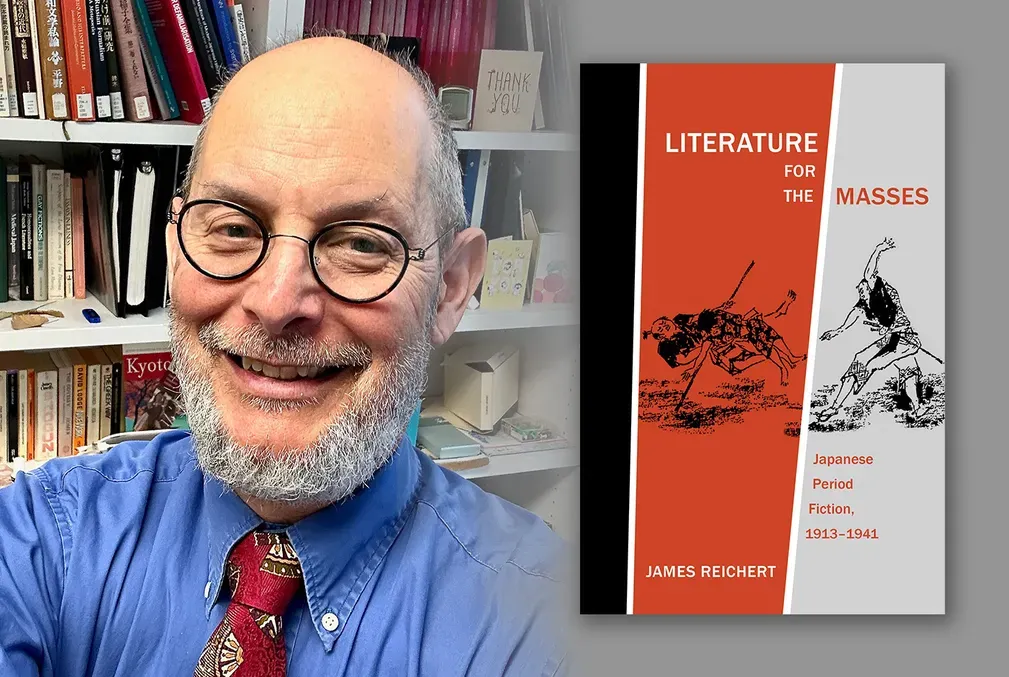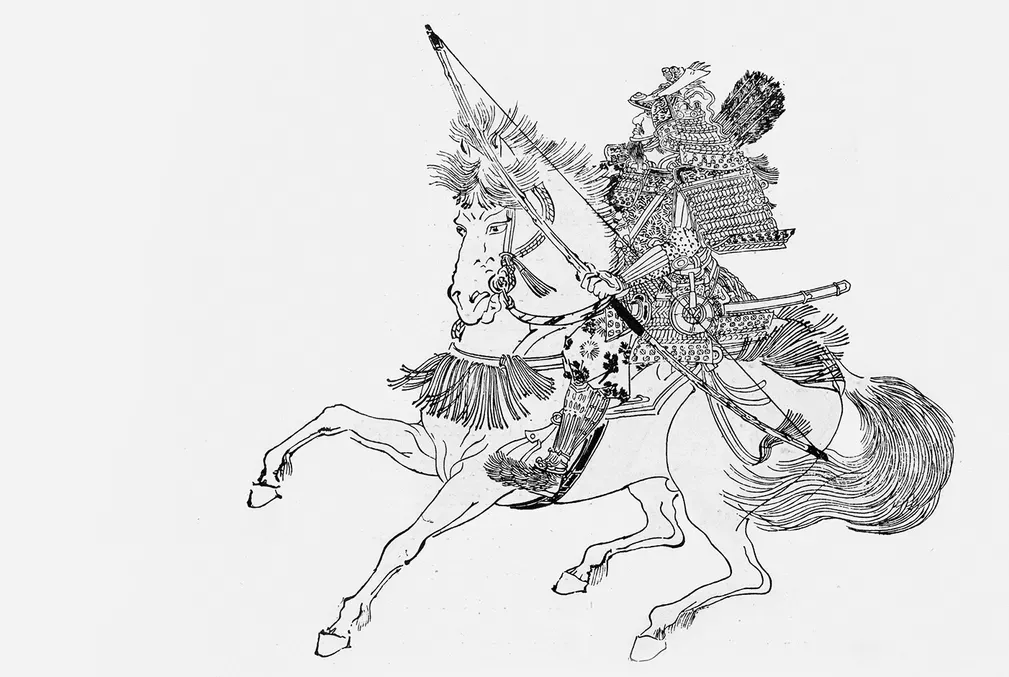
New Center for Poetics ‘supports and encourages the vitality of the field’
Building upon a workshop established in 2007, the center will enable a broad range of new activities, including events honoring Stanford luminaries in poetics.
A longstanding poetics workshop credited with fostering the academic success of many of its past and current members has given rise to a new center dedicated to poetry scholarship.
The Stanford Center for Poetics was launched this quarter under the leadership of faculty director Marisa Galvez, professor of French and Italian. Situated within the School of Humanities and Sciences and administered by the Department of English, the center “provides a home for research in poetics across periods, languages, and methods,” according to its website. The field is concerned with the theory of how poetry works—through the analysis of structure, genre, and linguistic devices, for example—in addition to the writing and interpretation of poems.
The center will organize a broad range of lectures and other events, and the Workshop in Poetics, which began in 2007, will continue under its auspices, Galvez said. “We need a place like this at Stanford that can draw together people from a variety of disciplines with an interest in poetics,” she said. “Moreover, it will raise the visibility of Stanford as a place that approaches poetics in a distinctive way, with a distinctive tradition.”
That tradition has been shaped by Stanford faculty members such as Marjorie Perloff, the influential scholar of experimental poetry, and Yvor Winters, the poet–critic who began his career as an avant-gardist before turning to formalism.
“Stanford has a tradition in poetics like nowhere else,” said Roland Greene, the Mark Pigott KBE Professor, Anthony P. Meier Family Professor in the Humanities, and director of the Stanford Humanities Center in H&S. “The Americanist Albert Gelpi, the mid-century poets Denise Levertov and Adrienne Rich, the theorist Sylvia Wynter, and many more—these figures represent a conversation that was anything but parochial or doctrinaire. The new center aspires to honor this multifaceted tradition.”
In recognition of such luminaries, the center will hold a series of events in their names. The first, the Marjorie Perloff Lecture, was held in November. It featured Craig Dworkin, the Norman S. and Grace R. Higson Presidential Endowed Chair in the Department of English at the University of Utah, talking about the poetics of labor. Dworkin, a poet and a critic, was mentored by Perloff and is also an expert on avant-garde poetry. The two co-edited a book. (Perloff was informed about the lecture in her name shortly before she died in March.)
The center will also hold the Yvor Winters Conversations, a series of discussions between poets and scholars, and the Paul Kiparsky Seminars exploring comparative metrics and prosody in honor of the recently retired Stanford linguist—the Anne T. and Robert M. Bass Professor in the School of Humanities and Sciences, Emeritus—and longtime workshop participant.
Legacy of the poetics workshop
The Workshop in Poetics, which comprises about 20 graduate students and several faculty members, meets regularly on campus. It has earned a reputation as a valuable forum for students seeking feedback about their dissertations in progress and as a training ground for the type of critical discussion poetry scholars engage in at academic conferences.
“The poetics workshop has prepared two generations of doctoral students to test their ideas about poetry in a supportive but rigorous setting,” said Greene, a professor of English and of comparative literature, who co-founded the workshop and is a member of the new center. “The not-so-secret recipe for its success has been that it exists by and for the graduate students. They set its direction, present their own work, and choose the visiting speakers.”
In the most common format, a student or visiting speaker presents a scholarly work in progress to the group members, who have received a draft of the composition in advance. Often, a relatively new graduate student serves as the respondent. Student presenters benefit from an attentive and engaged audience with fresh perspectives and challenging questions, Galvez said.
As a graduate student at Stanford in the aughts, Galvez was a member of the workshop, which brings together students and faculty members studying poetics in a variety of languages and traditions. “It was the one workshop I would go to where everyone would show up, even if the topic was not in their area of study,” she said. “So whether it was Song dynasty lyric or Russian poetics of the 20th century, people would just come. Even when I was really busy with my dissertation, I would go. And every time I’d think, ‘Wow, I learned something new. You know what? That actually helps me see my project differently.’”
Jonathan Atkins, a graduate student in English and former co-chair of the workshop, echoed those sentiments. Presenting his work to the gathering was constructive, he said. Yet “the workshop’s largest and most valuable impact on my scholarship derives from the exposure it has given me to work being done in poetics right now and the access it has granted to the people doing that work as they’re doing it,” he added.
Atkins was among those who championed establishing the poetics center at Stanford and has helped shape its objectives. He said there’s a perception within literary studies that the field of poetics is waning and a notion that it belongs solely in the realm of creative writing. One of the center’s “highest missions,” he said, is “to be an institutional bulwark for poetics”—one that “establishes and actively supports and encourages the vitality of the field.”
For more information about the center or to register as a member, please contact one or both of the co-chairs, Mahdi Alaoui and Jon Tadmor.
Media contact: Marijane Leonard, School of Humanities and Sciences marijane [dot] leonard [at] stanford [dot] edu (marijane[dot]leonard[at]stanford[dot]edu)




